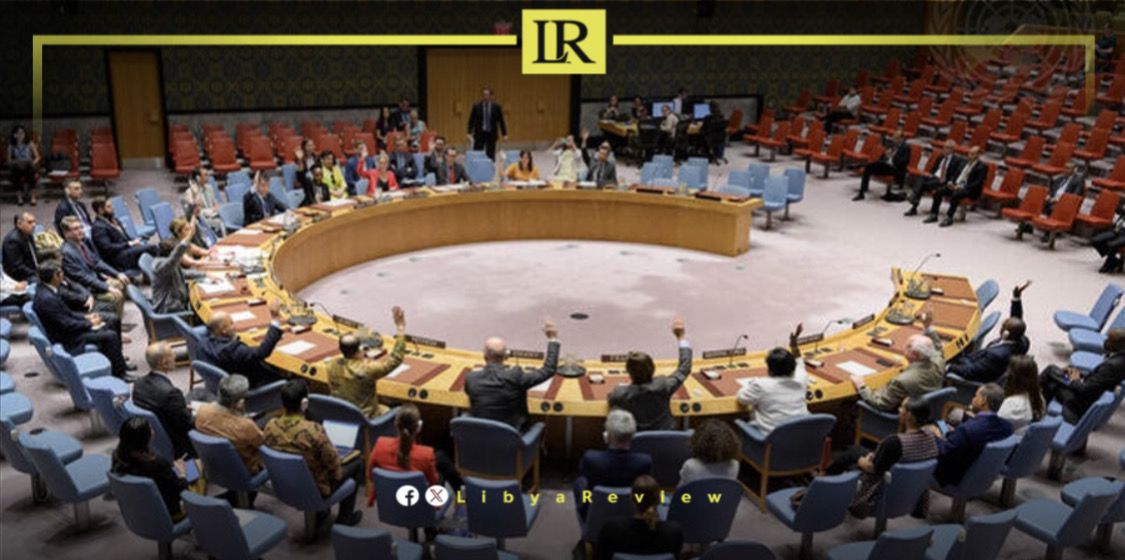The UN Security Council is set to vote on 31 October on a draft resolution that would extend the mandate of the UN Support Mission in Libya (UNSMIL).
The proposed resolution will extend the mission’s mandate by three months, until 31 January 2025, with a further automatic extension for an additional nine months—until 31 October 2025—if a new Special Representative for UNSMIL is appointed by the end of January.
The draft text in blue keeps the mission’s core functions intact, as outlined in Resolution 2542 (15 September 2020) and paragraph 16 of Resolution 2570 (16 April 2021). This vote comes amid ongoing political deadlock in Libya and debates among Security Council members over the future of the mission.
Libya has remained in a state of political impasse between two competing governments. The interim Government of National Unity (GNU), based in Tripoli, is led by Prime Minister Abdul Hamid Dbaiba. Meanwhile, the Government of National Stability (GNS), which emerged from a split within the GNU, is led by Osama Hammad and supported by the House of Representatives (HoR).
Attempts to resolve disagreements over electoral legislation—a necessary step for holding national elections—have failed. A major sticking point remains forming a unified interim government to oversee the polls. This idea is backed by the GNS and the HoR, but it faces opposition from the GNU and segments of the HSC. Libya’s inability to hold elections since its postponement in 2021 has contributed to political instability, security challenges, and economic uncertainty.
From September 2021 to October 2022, the Security Council extended UNSMIL’s mandate several times through three-month technical rollovers. These short-term extensions were due to disagreements among Council members, who opposed long-term renewals without appointing a permanent Special Representative to lead the mission. The stalemate persisted after Ján Kubiš, the previous head of UNSMIL, resigned in December 2021.
In September 2022, Abdoulaye Bathily of Senegal was appointed as the Special Representative and Head of UNSMIL. The Council then renewed the mission for one year through Resolution 2656 (28 October 2022) and again through Resolution 2702 (30 October 2023).
However, Bathily faced significant challenges in his efforts to mediate between rival Libyan factions. In an April 2024 briefing to the Council, Bathily expressed frustration, accusing Libyan leaders of employing delaying tactics to maintain the status quo.
After his remarks, Bathily confirmed his resignation, citing the inability of the UN to effectively carry out its mission under the current circumstances. Since then, Stephanie Koury from the US has served as Deputy Special Representative and Acting Head of UNSMIL.


